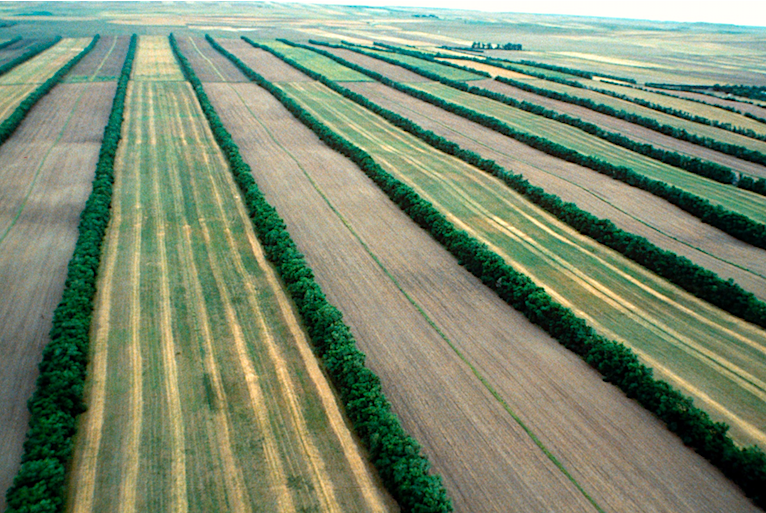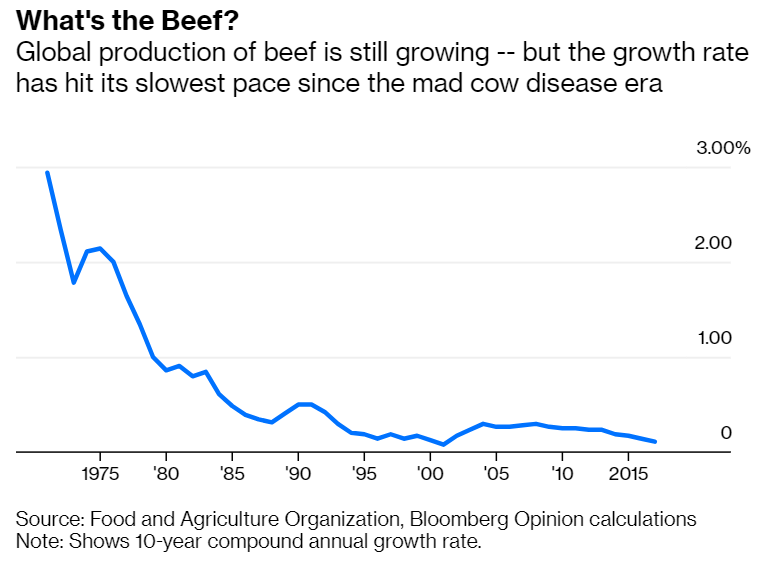
Time will tell, but I doubt the world will look back on 2020 as the year of “peak cow.” Still too many trends pushing global meat (including beef) demand upward—although 2020 may turn out to be a downward blip in consumption, as it was in GHG emissions.
cnbc.com/amp/2021/04/30…
cnbc.com/amp/2021/04/30…
COVID created all kinds of market disruptions in 2020 (fao.org/3/ca9509en/CA9…). But remember the world is likely to add another 2 billion people between now and 2050, incomes will likely rise, cities will grow. Historically these are all associated with rising meat consumption. 

On the left is meat production since the 1960s. On the right is fish production since the 1950s.
The world did reach “peak wild fish” in the 1990s, and since then aquaculture (fish farming) has grown quickly to meet growing global fish demand.

The world did reach “peak wild fish” in the 1990s, and since then aquaculture (fish farming) has grown quickly to meet growing global fish demand.


In 2030 or 2050, if we look back and 2020 was truly “peak cow,” I’ll eat my plant-based hat.
(Note: I say this as someone who is a proponent of plant-rich diets as an important climate solution in wealthier countries!)
(Note: I say this as someone who is a proponent of plant-rich diets as an important climate solution in wealthier countries!)
• • •
Missing some Tweet in this thread? You can try to
force a refresh










